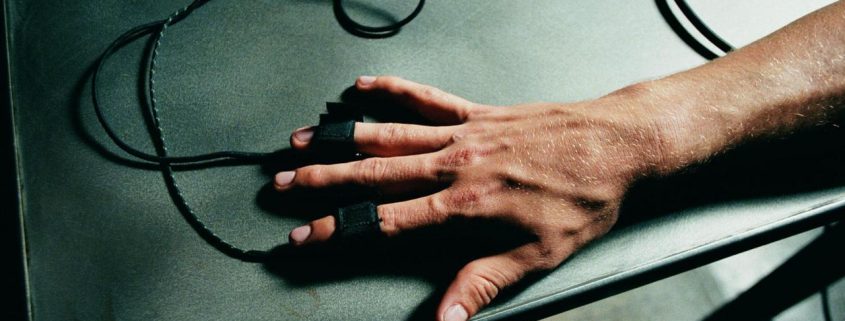Polygraph examinations for people on CSL and PSL are upheld by NJ Supreme Court, but aims to provide more protections
In the beginning of May 2017, the New Jersey Supreme Court issued a final decision on the legality of the NJ Parole Board’s use of the polygraph examination in the case of J.B. v. New Jersey State Parole Board. Individuals on Community Supervision for Life (CSL) and/or Parole Supervision for Life (PSL) asked the Court to review a challenge to polygraph examinations, which is administered by the Parole Board. As a component of a sentence to CSL or PSL, many people are required to submit to random testing. In the appeal, the plaintiffs argued that it violated their constitutional rights. In conclusion, the Court has order the Parole Board to reform its regulations in connection with the administration of polygraph examinations, which provides a slight victory to CSL and PSL parolees.
Therefore, if a CSL or PSL parolee had been subjected to a polygraph in the past, and feels that the results of the polygraph examination were used to violate his parole, he should seek advice from an experienced attorney. In addition, parolees now will be provided 30-days’ notice of an upcoming polygraph examination. This provides individuals a crucial opportunity to challenge the administration of a polygraph exam.
NJ Polygraph examination regulations will be updated
The NJ Appellate Division rendered the first opinion in the case of J.B. v. New Jersey State Parole Board in 2015. The appeal challenged the Parole Board’s use of polygraph examinations on the grounds that it violates parolees’ constitutional rights under the Fifth Amendment (privilege against self-incrimination), and Sixth Amendment (right to counsel). The court found that the exam does not constitute a custodial interrogation, like an arrest, which invokes the right to counsel. Thus, a parolee does not have a right to an attorney at the polygraph exam. In addition, the court placed limitations on how test results could be utilized.
The NJ Supreme Court, like the Appellate Division, agreed that the Parole Board’s regulations need to be revised. Both courts state that test results cannot be used to support evidence for independent criminal charges or to impose additional sanctions. However, polygraph examination results can be used for treatment purposes. In addition, the regulations need to be clarified to prevent an intrusion on CSL and PSL parolees Fifth Amendment rights, stating:
“We therefore instruct the Parole Board to clarify that an offender validly invokes the right to remain silent pursuant to N.J.A.C. 10A:72-3.6(b)(5), without consequence, if the answer to any question asked throughout any portion of the examination process as defined in N.J.A.C. 10A:72-3.7(a) could form the basis of an independent criminal investigation.” J.B. V. New Jersey State Parole Board, ____ N.J. ____ (2017).
However, the court upheld the use of pre- and post-hearing admissions as evidence in a criminal investigation.
Ask a Morris County Attorney to challenge your CSL special conditions
Lastly, the Court instructed Parole to provide parolees with 30-days’ notice of a polygraph examination. which provides individuals on CSL or PSL sufficient notice to object to an examination. So, how does this benefit you? If you or a family member are on CSL or PSL and receive notice to take a polygraph examination, you should consult an experienced attorney to determine what is in your best interests. The law firm of Maynard Law Office, LLC has successfully negotiated with the Parole Board to cancel scheduled polygraph examinations for its clients. If you have any questions or concerns, do not hesitate to contact our NJ law office for a free consultation.








Leave a Reply
Want to join the discussion?Feel free to contribute!